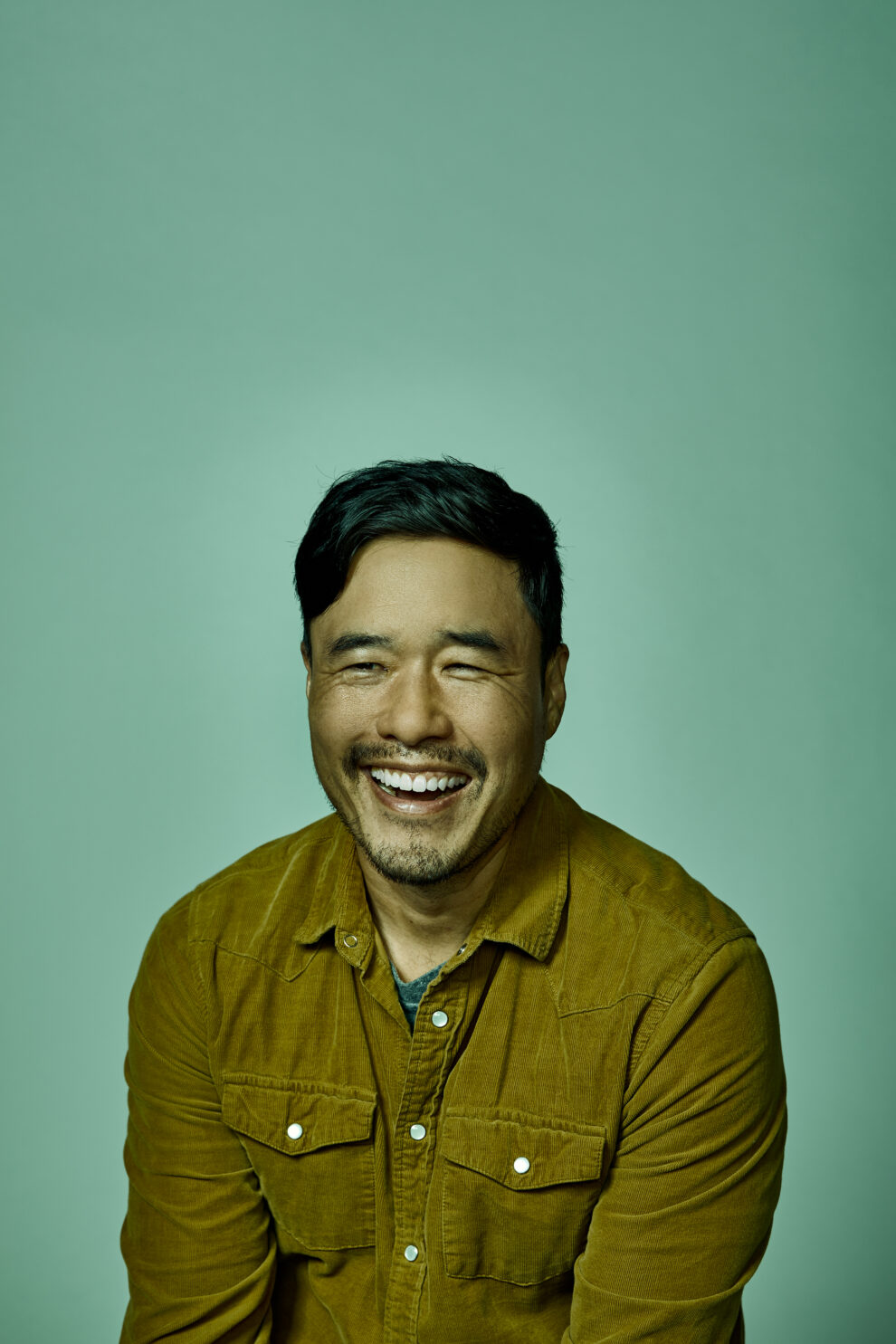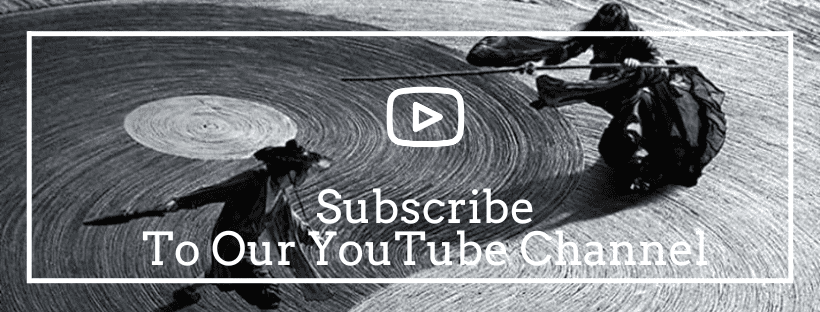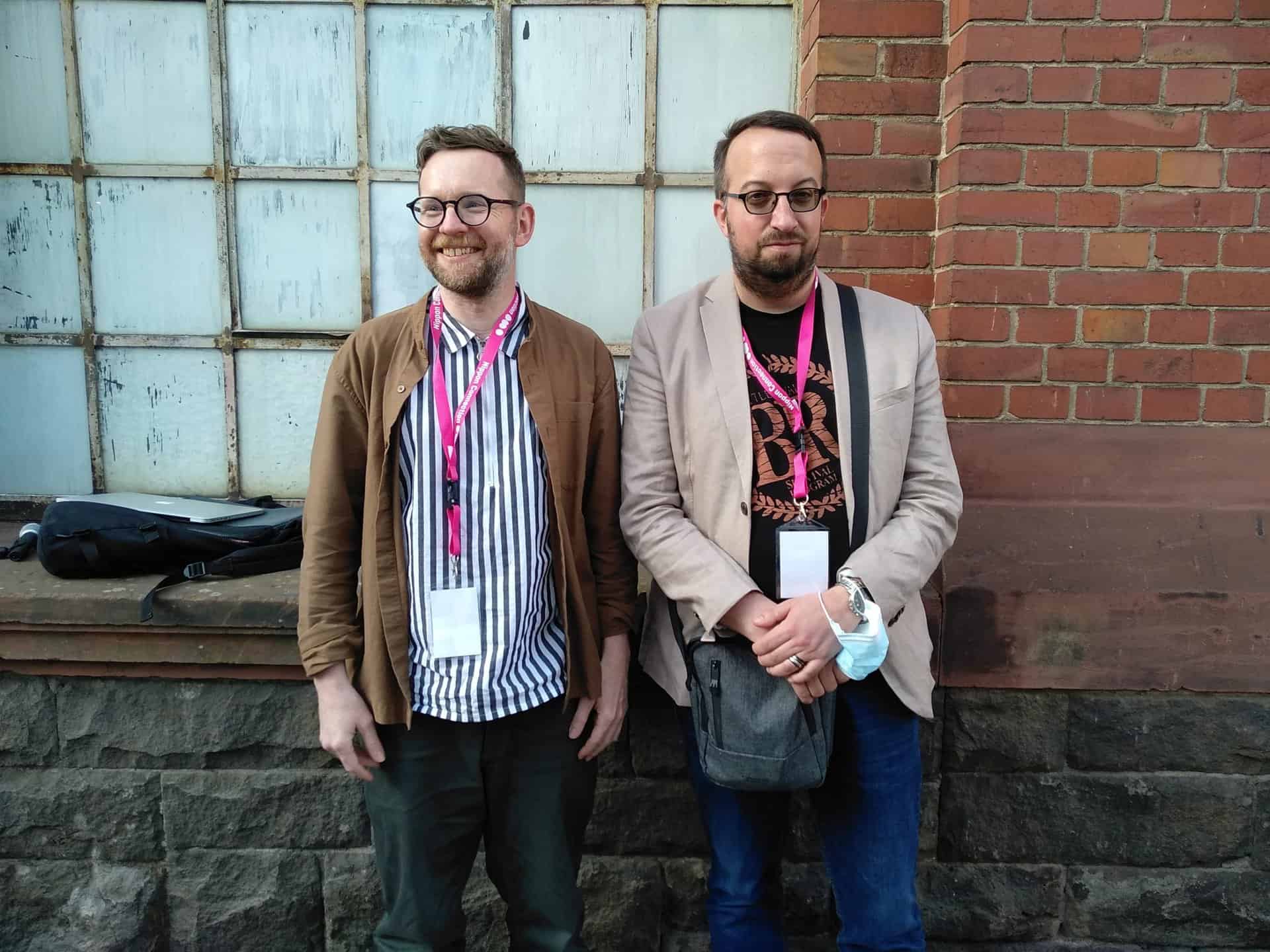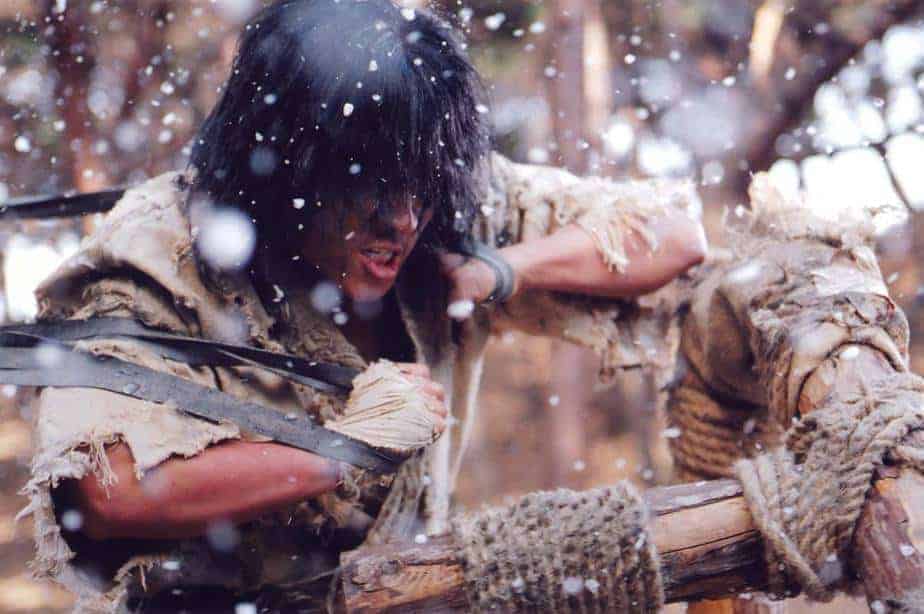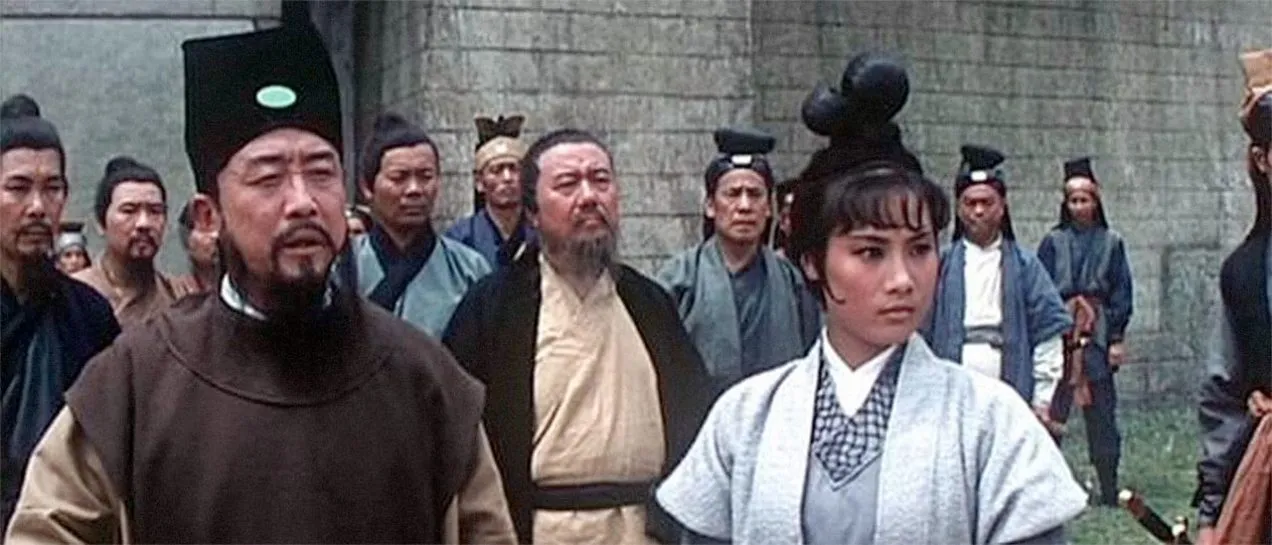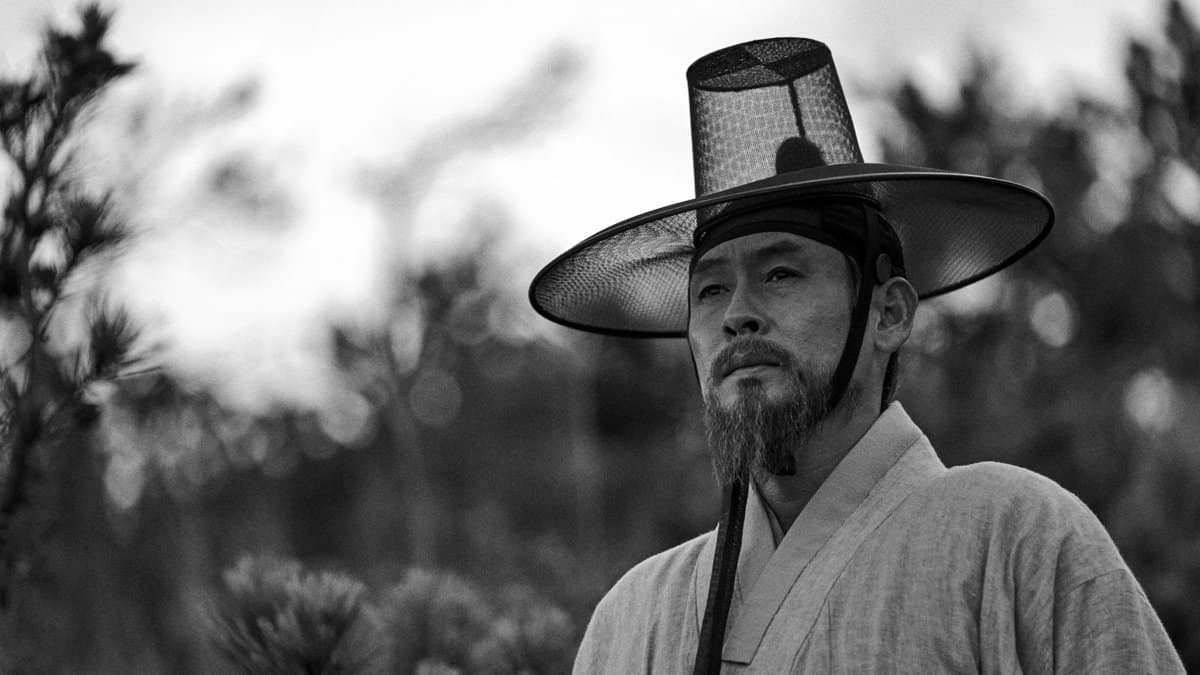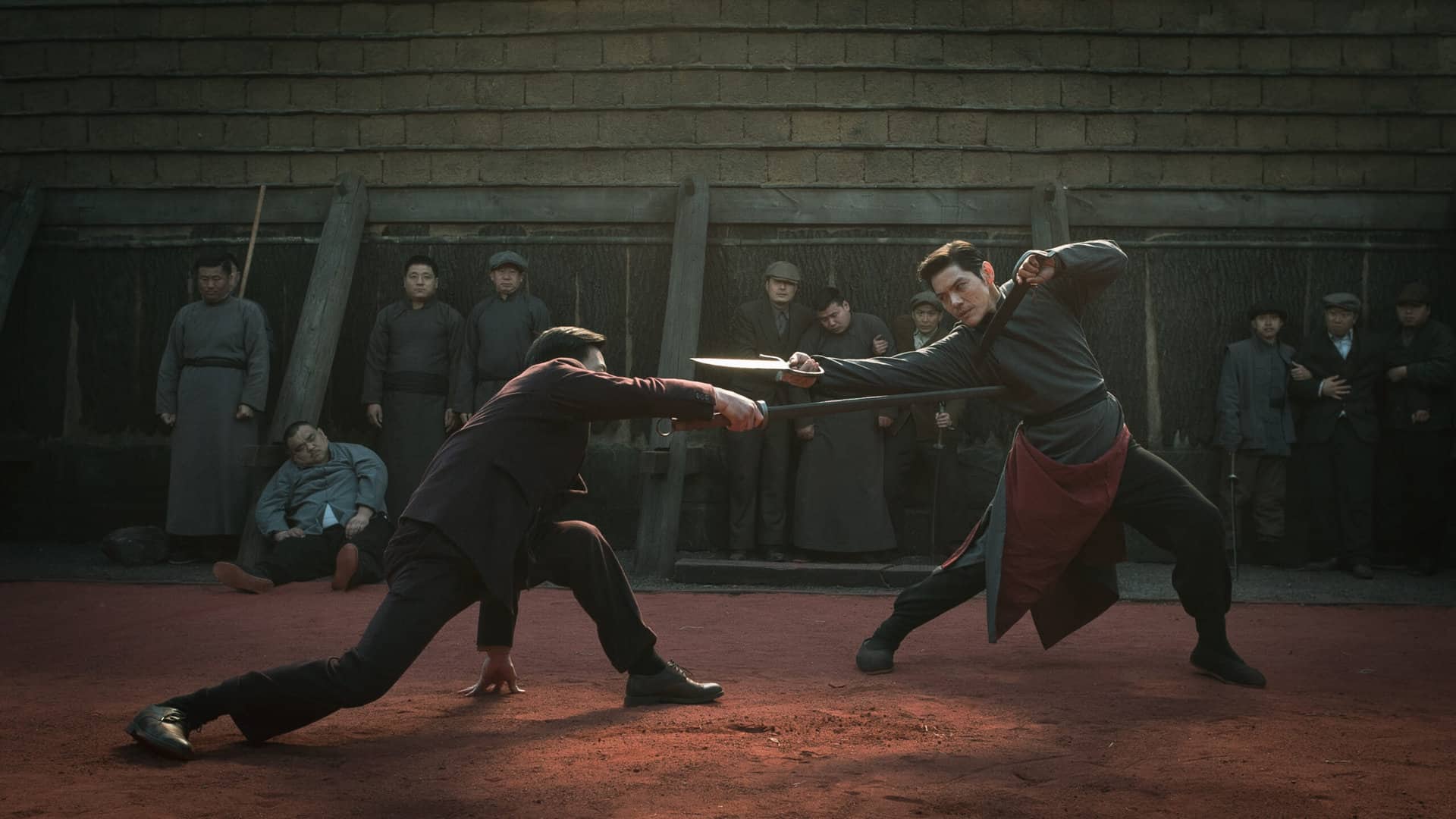“Fresh Off the Boat” star Randall Park turned heads at Sundance this year with his directorial debut, “Shortcomings.” The feature film follows a trio of Asian Americans from Berkeley, California: Ben (Justin H. Min), an ornery cinephile who runs a local arthouse theater; his partner, Miko (Ally Maki), who earnestly believes in the future of Asian American cinema; and Alice (Sherry Cola), Ben's comedic confidante and serial lesbian monogamist. As the three struggle to maintain their polished veneers to the public, they witness each other's personas shatter amid the rough-and-tumble of millennial romance. As the peace in their Bay Area bubble crumbles, the three of them uproot to New York City, where they grapple with their imperfections head-on.
After catching the film premiere in Park City, we caught up with Randall Park over Zoom. Park is soft-spoken, but sharp through the screen; he maintains a thoughtful air as we bounce from one topic to the next. Over the next half-hour, we discuss the appeal of (dis)likeability, the authenticity rhetoric of Asian American film, an unexpected cameo, and working from the director's chair.
This interview has been edited and redacted for clarity.
You've mentioned before that “Shortcomings” is based off of Adrian Tomine's graphic novel of the same name. Did you always know you wanted to adapt the comic strip into a film?
[At first,] I didn't know if I wanted to direct, necessarily. But I definitely wanted to play some role in getting that story out in movie form, whether it be producing or acting in it. The graphic novel felt like a movie to me. I held on to that feeling throughout the next 15 years. At the time, in 2007, I understood why no one was doing anything with it. The industry just wasn't telling those kinds of stories about Asian American characters in everyday settings, hanging out and talking and walking and going to diners. And it still doesn't, to be honest. But because of the success of several movies and TV shows, there has been a change in the industry where there is at least the acknowledgement of the importance to tell these stories.
What changed?
It's kind of hard to point to a single project that changed things. A lot of people do talk about “Crazy Rich Asians” as being this very important moment. I think it definitely signaled a lot of shifts in industry. But that change was in the works for a long time. There were a lot of films, TV shows, and comedians — a whole bunch of people slowly creating a change so that we could tell more and different kinds of stories.
Check the review of the movie
What about yourself? What ended up being the catalyst to start production?
I was done with the sixth season of “Fresh Off the Boat” and “Always Be My Maybe,” and I started this production company with two of my old friends, Hieu Ho and Michael Golamco. The three of us just started making stuff. Then we got a TV deal at Universal. So we thought, “Well, are there any [feature] film projects?” And I said, “You know, no one's done anything with ‘Shortcomings.'” So we looked into it. We found out that there was a script that Adrian wrote and that it had been optioned, and that Adrian was meeting with directors. So I was like, “Oh, my God, I gotta throw my hat in the ring. This project means so much to me.” I had directed some TV at that point, so I thought, “Well, it's a long shot, but I might as well try.” I came up with a pitch and explaining my vision and it all worked out.
In the premiere Q&A, Justin H. Min mentioned that Ben was akin to him “before therapy.” This makes me curious – how do you deal with directing a conventionally unlikeable protagonist? How much of the adaptation came from you, versus Adrian and Justin?
The challenge with Ben was, “Okay, you have an hour and a half of this really prickly, opinionated, angry character. How do we get the audience to want to accompany him on his journey for that period of time?”
He's funny, so we definitely leaned into that. He's also very charming on paper. We also wanted to show the humanity under every opinion, every tirade, so that you can get a sense of underlying, deep sadness. He's lived a life that has shaped him into this person. I think we can all identify with that to some degree. So [I thought], let's make Ben as human as possible, even though he has the potential to be very off-putting. We felt that Justin really brought this complexity to the character.
With the meta-narrative on the future of Asian American cinema, I remember wondering if the film wanted me to like or dislike Ben. How do you deal with that tension of relatability and representation?
This movie is not for everyone, and I don't think the character is for everyone. Every audience member comes in with their life behind them and their own perspective on things. I think some people will find him off-putting, but my hope is that most people will see what Justin brought to the character, the things that make [Ben] more human and grounded.
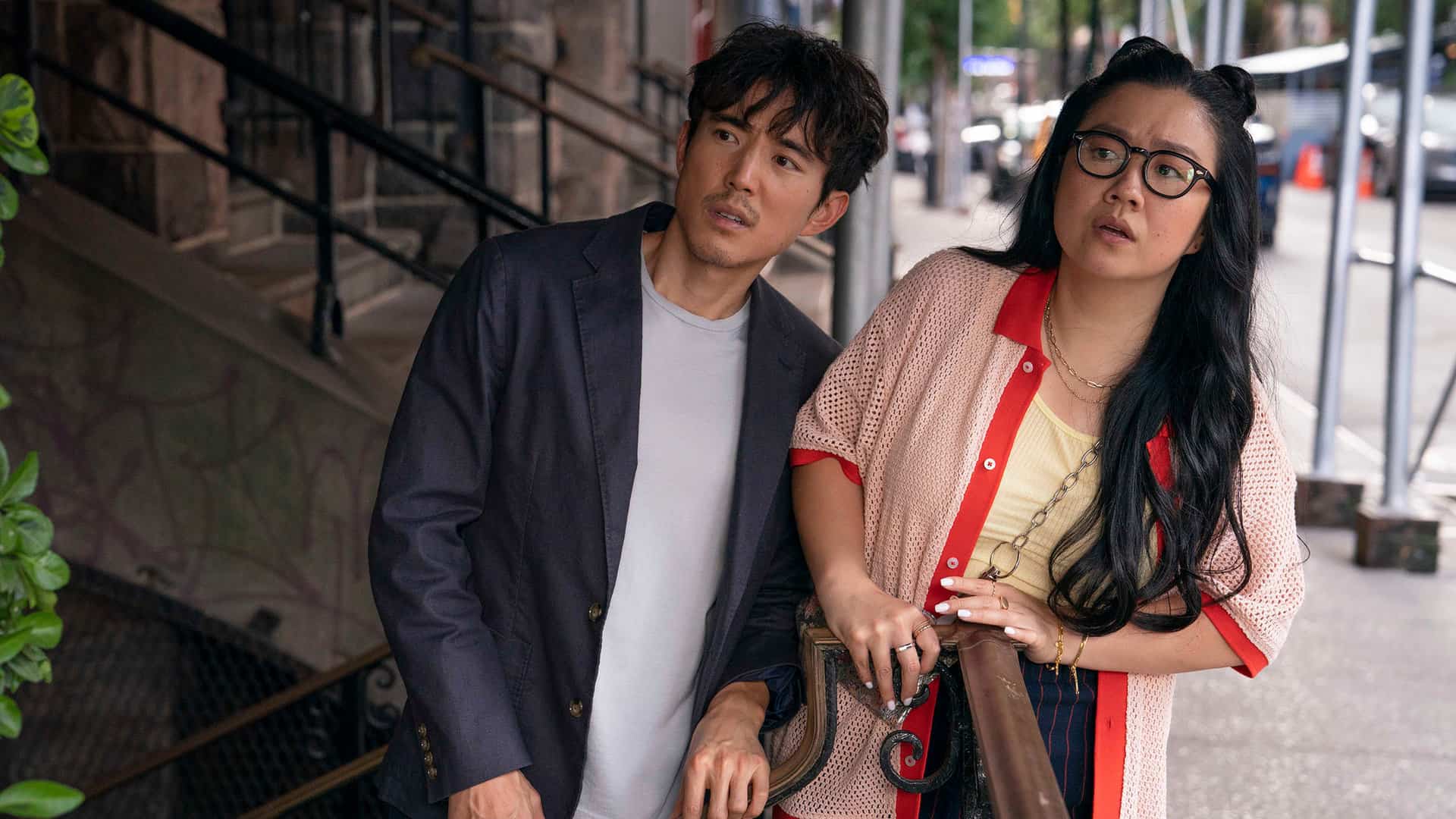
To pivot to another character: I was also pleasantly surprised by Alice's character. She doesn't struggle with her queerness or interracial relationships the same way Ben does, until she interacts with her parents.
The entertainment industry has really put parameters on what constitutes of an authentic story. If it's Asian American, there has to be a family, some commentary on immigrant intergenerational conflict, some element that is easily defined as Asian-specific. The thing that I love about our movie, though, is that it's really just about people hanging out.
Alice's parents is the one area where we do dive into the intergenerational politics. It's never resolved, though. It's a detail in her life. But it doesn't define her. To me, that goes back to making this movie as real as possible. A lot of us have complicated relationships with our parents. We still love them; we still want to make them proud; but it's complicated. And it often goes unresolved, as in the case with Alice. Moving to New York for her is a way to deal with her situation at this moment, right now. It's not a typical movie resolution, but to me, that feels very real.
The word “authenticity” keeps coming up in this conversation. What does it really mean to you?
I think there's authenticity within the community. It's about seeing yourself, seeing things that you can identify with, that reflect your life. Oftentimes, when people outside the community watch, for example, an Asian American film, they want to get a glimpse into the “authentic Asian” experience, to learn and see things that are different enough from their reality but also is familiar enough to understand.
Like going to an “authentic” ethnic restaurant.
Yeah. For me, authenticity is more reflective of the everyday lives and experiences as opposed to, for example, a trip back to the Motherland. This is still a great story to tell, but – for me, I think it's about people just hanging out. When I first read [Adrian Tomine's] graphic novel, I felt seen because I thought, “Oh my God, that diner looks so familiar. It looks like a place where I'd hang out with my Asian American friends – with sandwiches in a red leather booth.”
And then there's that moment in the diner where, in your cameo, you say that, instead of race, you would rather “think about the content of one's character.”
It's complicated. I definitely don't think this movie is like the answer to racial disparities. But I find that there are the great stories worth telling within the mundane.
Your film felt like a Linklater work at some parts, with this banal experience blown up on the big screen. What were some other directorial inspirations for you?
I was thinking about Linklater for sure. I was thinking about Noah Baumbach a lot too, like “Frances Ha.” [“Shortcomings” and “Frances Ha”] are different but there are a lot of similar themes. Some shot compositions I took directly from Baumbach. Greta Gerwig. Alexander Payne's “Sideways” was a big inspiration. Nicole Holofcener. Mike Leigh — I watched a lot of his films in preproduction. I was interested in these filmmakers who do everyday stories with some comedy in it.
Were you nervous to do a project like this? It's your first feature, for one, but its foray into the banal allows the story to meander, unlike a staged television sitcom.
You saw me at the premiere. I was so nervous. (laughs) It's weird to work on something and be so passionate about it, to put so much of yourself into it, and then to just show it one day. I have never experienced anything quite like that before.
And how did you feel during production?
It was my first time directing a movie. I wouldn't say I was nervous, but I really prepared. In pre-production and before pre-production, I wanted to make sure that I felt confident going in. I had everything envisioned in my head, written down on paper, like details about what the characters were wearing to shot compositions. In pre-production, we adjusted for locations, costumes, and the like. I was glad I worked through those nerves and put in an effort to mitigate any sense of anxiety during production. I didn't want to come off as nervous going in.
Were there any last-minute changes you had to make?
Oh yeah. A lot. In independent films, you really have to be on your toes because of the limited budget and because of COVID. We had a lot of cases of COVID; the cinematographer caught it during production. We had to be nimble. People stepped up to make it work.
You know, I wasn't supposed to be in the movie. One day, there was a thunderstorm during our shoot, so we shifted our schedule by a day. So we weren't able to shoot this sequence in another scene with another actor because of the limited time. Since we couldn't get that actor back, we were like, “Who's going to do this?” People turned to me, so I ended up in the movie last-minute.
The cameo was great.
It was one of those blessings in disguise, but not something I was planning on.
What do you want to do from here on out? Do you want to continue acting or directing?
I definitely want to continue acting, because I love it so much. It brings me great joy.
Directing — I would like to direct another feature. It would have to really speak to me. And it would have to be something that I either write or connects with me on a deep level. One thing I learned from “Shortcomings” is that [directing] independent film is really hard. You have to be really passionate about the story you're telling to get through those tough times. Independent film, by nature, is challenging. Whatever I do next won't just be a money job or an opportunity to do something big, because I don't have much interest in that. I want to just be really passionate about the story, whatever it is.
So if you were given the opportunity to direct a Marvel movie, would you take it?
Probably not. (laughs) But if it's something that I felt really connected to for some reason, then maybe, but — gosh! That sounds so incredibly daunting to me. I was just at the premiere of “Ant-man and the Wasp: Quantumania” and it is such a spectacle. An insane ride. Now that I've directed a film, I was sitting there watching like, “Could I direct something like this? No, I don't think so.” It's just so much.
It is a far-cry from the everyday. (laughs)
Yeah, I'm more interested in the everyday, just by nature. (chuckles)


